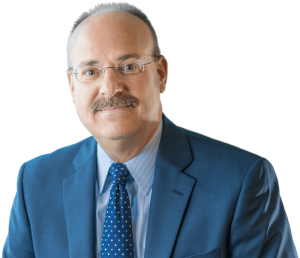Publication Source: New York Law Journal

State and federal courts on Long Island continue to resolve these thorny issues. Several recent cases have addressed interesting issues unique to electronic evidence, including the 'delete does not really mean delete' phenomenon and the dilemma of those reoccurring 'string' e-mails containing forwarded prior e-mails. In Atronic International, GMBH v. Sai Semispecialists of America, Inc., 232 F.R.D. 160, 161 (2005), a diversity contract dispute, Eastern District Court Judge Thomas C. Platt reviewed both the state and federal standards, noting that they were without a 'meaningful difference.'
As summarized in Atronic: 'New York State law recognizes a waiver of the attorney-client privilege for the inadvertent production of documents unless: (1) the party asserting the privilege intended to maintain confidentiality and took reasonable steps to prevent its disclosure, (2) promptly sought to remedy the situation after learning of the disclosure, and (3) the party in possession of the materials will not suffer undue prejudice if a protective order is granted.' (Citing AFA Protective Sys., Inc. v. City of New York, 13 A.D.3d 564, 565, 788 N.Y.S.2d 128, (2d Dep't 2004).)
Judge Platt continued that under federal law the courts in this jurisdiction balance four factors in determining whether a party has waived a privilege through inadvertent production: '(1) the reasonableness of the precautions taken by the producing party to prevent the inadvertent disclosure of privileged documents; (2) the volume of discovery versus the extent of the specific disclosure at issue; (3) the length of time taken by the producing party to rectify the disclosure; and (4) the overarching issues of fairness.' (Citing United States v. Rigas, 281 F.Supp.2d 733, 738 (S.D.N.Y. 2003).
-----
Kevin Schlosser is a Shareholder and Chair of the Litigation and Alternative Dispute Resolution Department at Meyer, Suozzi, English & Klein, P.C. He handles complex commercial litigation, is on the Roster of the AAA National Panel of Commercial Arbitrators, serves as outside general corporate counsel, and is author of the New York Fraud Claims Blog, www.nyfraudclaims.com.
Meyer, Suozzi, English & Klein, P.C. acted as co-counsel for the plaintiff in this case.
Reprinted with permission by the New York Law Journal.
990 Stewart Avenue, Suite 300,
Garden City, NY 11530
750 Ninth Street, Suite 501
Washington, D.C. 20001
Phone(202) 887-6726Fax:(202) 223-0358


